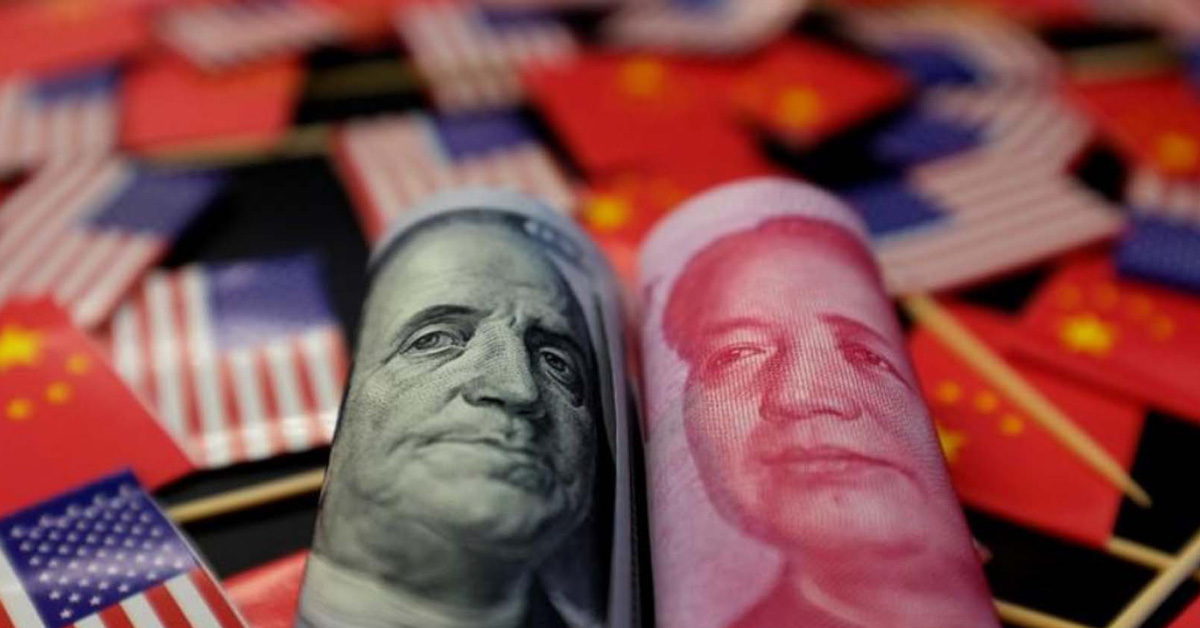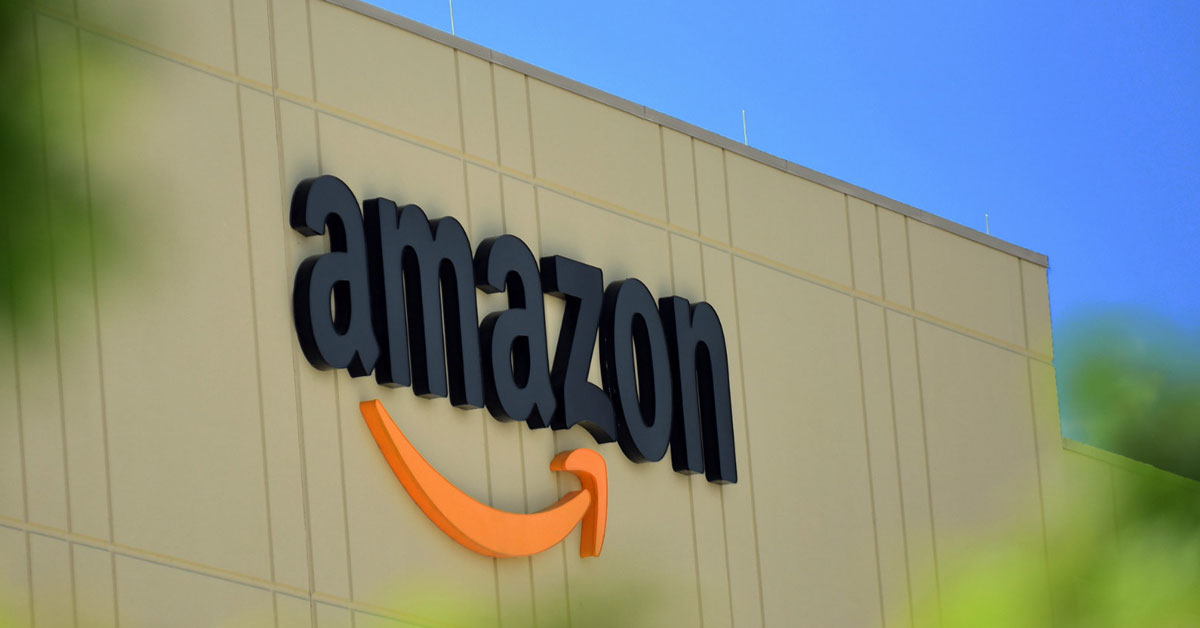A cheaper alternative to patent lawsuits
The program will match a seller claiming infringement and the accused merchant with a neutral, third-party lawyer.
According to engadget.com, the company is testing a program to help fight utility patent infringements. It’s meant to be a cheaper, faster alternative to traditional patent lawsuits, which can cost hundreds of thousands of dollars and take years to settle.
For a $4,000 deposit, the program will match a seller claiming infringement and the accused merchant with a neutral, third-party lawyer. If the accused party doesn’t respond to claims that it violated the seller’s utility patent — which details how a product is used — the product will be removed from Amazon, and the seller will get their $4,000 back. If the accused merchant wants to argue that it should be allowed to keep selling the product on Amazon, it will also have to make a $4,000 deposit. The lawyer makes a decision and collects $4,000 from whichever side loses. The winner will get their deposit back, and according to an Amazon spokesperson, the company doesn’t take a cut from anyone for going through its “Utility Patent Neutral Evaluation” process.
More Amazon news

China insists on the removal of existing US tariffs
US-China Trade Deal Beijing’s top priority in the trade deal with the United States is the removal of existing tariffs on Chinese goods “Sources with direct knowledge of the trade talks told the Global Times on Saturday that the U.S. must remove existing...

Amazon is going to need a lot of robots
Amazon wants to ship you anything in 30 minutes Analysts predict that Amazon will try to add robots and automation to its entire operation. It is inevitable given Amazon's focus on efficiency and pleasing customers. Amazon is burning through billions to...

Former Amazon executive on the 5-star rating system
Amazon rating system developers ended up being too protective of it According to the former Amazon executive, the online ratings and reviews model was a good solution at first, but the team ended up being too protective of it. Dan Lewis spent many years at...


